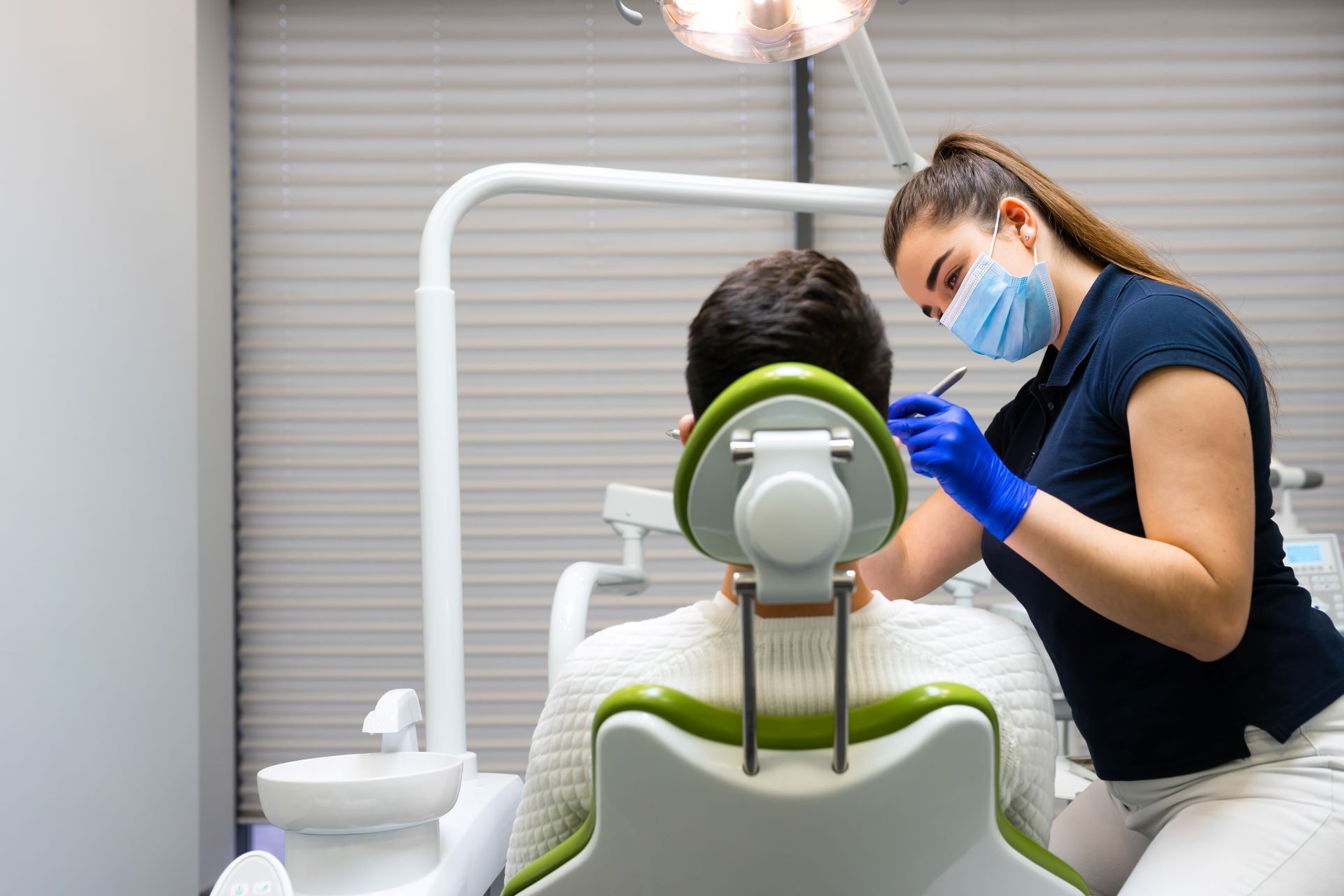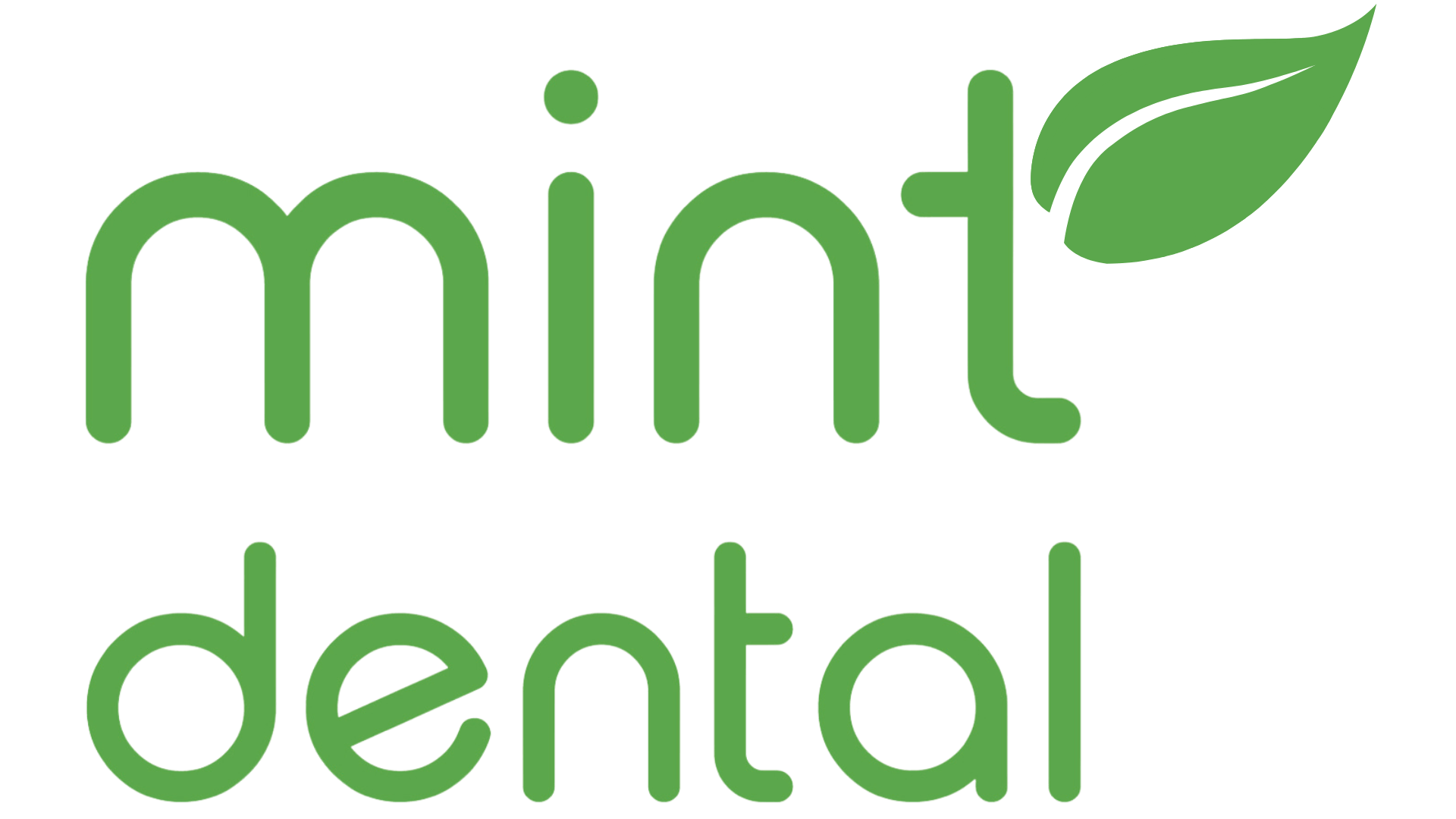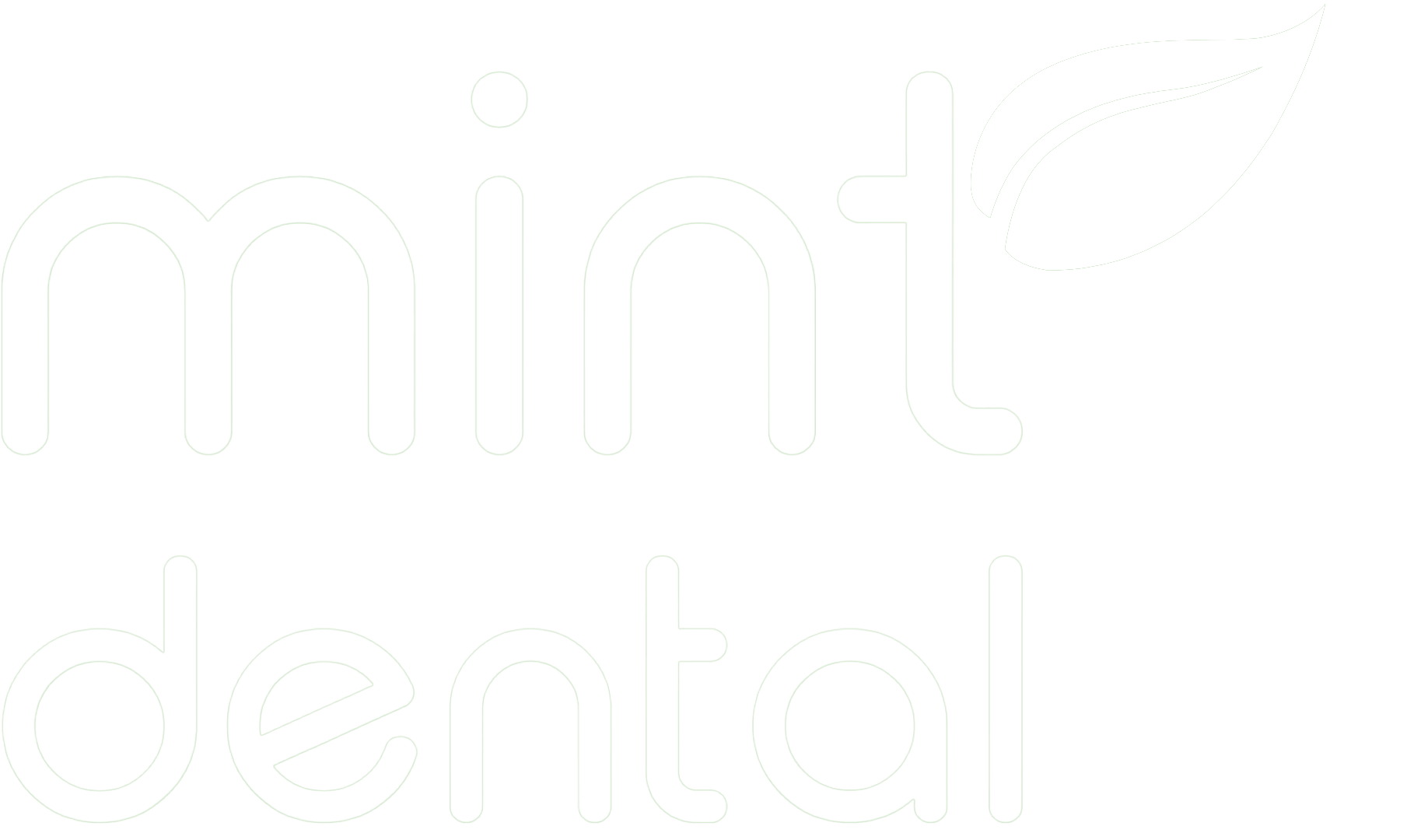Understanding the Types of Dental Sedation
June 26, 2023
If you’re feeling nervous about an upcoming dental procedure, don’t worry–you’re not alone! It’s perfectly normal to feel nervous beforehand as dental anxiety is a common concern with many people.
Dental anxiety can stem from various factors, whether it just be general uneasiness of being in the chair or a previous negative experience. When going to the dentist for a more in-depth procedure, dental sedation can be a great solution to help alleviate some of that stress you’re feeling.

Dental sedation techniques and technology have advanced greatly over the years, which allows you, the patient, to choose the option that best suits your situation. By using the best sedation techniques, dentists can ensure that even the most anxious patients receive the best care possible.
We hope to calm your nerves in this blog post as we take a closer look at the different types of dental sedation options to help ease your worries and make your dental experience more comfortable and enjoyable.
Understanding Dental Sedation
Dental sedation requires the use of medications that help patients relax during certain procedures. It is a great and safe way to help minimize discomfort, dental anxiety, and create a positive experience.
Dental sedation doesn’t always mean the patient is unconscious; instead, it can also help induce a deep state of relaxation that allows you to be conscious and responsive.
Benefits of Dental Sedation
Utilizing the different types of dental sedation offers many benefits:
- Alleviate Anxiety: Dental sedation can help alleviate fear and anxiety you might have before your appointment.
- Alleviate Anxiety: Dental sedation can help alleviate fear and anxiety you might have before your appointment.
- Pain Management: Sedation technology and techniques allow for the combination with anesthesia to help minimize pain and discomfort throughout the duration of different dental procedures.
- Increased Cooperation: Sedation can help patients who have a hard time sitting still while various tools are being used on their teeth, which makes the back and forth between doctor and patient much smoother.
- Time Efficiency: With dental sedation, this creates an more efficient and quicker appointment time. It also may allow dentists to complete multiple procedures in a single trip.
All dentists who administer sedation have all received specialized training and follow strict protocols to keep you safe and minimize risks. They will first evaluate your medical history and assess if you seem suitable for sedation before the appointment and continue to monitor you during treatment.
Types of Dental Sedation
Let’s take a closer look at the different types of dental sedation:
Nitrous Oxide
Also known as laughing gas, nitrous oxide is a mild sedative that gets administered via a small mask placed over your nose. You will inhale a mixture of nitrous oxide and oxygen, which helps to put you in a relaxed and calming state. Your dentist will control and adjust the levels as needed throughout the procedure to make sure you remain comfortable.
This form of sedation comes on quickly and wears off quickly, which lets you get back to your day without too much of a lingering drowsiness. It is a safe option for patients of all ages, including children.
Oral Sedatives
These medications are prescribed by your dentist to be taken before the appointment begins. They can be administered in the form of pills or liquid. Some common oral seditives include benzodiazepines such as Valium or Halcion.
If given an oral sedative, your dentist will provide specific instructions to follow that will indicate when and how to take the sedative properly. It’s important to follow the prescribed dosage and timing given by your dentist to get optimal results.
Intravenous Sedation
This involves giving the patient sedative medications directly into a vein. This allows for a higher level of sedation compared to previously mentioned methods. Intravenous sedation will be administered by an anesthesiologist or a dentist that received specialized training.
Intravenous sedation will give you a deep level of relaxation, making it more suitable for those with severe dental anxiety or those going through more complex procedures. It may not be suitable for some with certain medical conditions and your dentist will make sure to assess your eligibility prior to the treatment.
General Anesthesia
This type of sedation uses medications that will leave you completely unconscious and unaware during the dental procedure. General anesthesia is usually reserved for complex surgeries or cases where deep sedation is necessary and will be administered by a team of professionals.
You may need this for extensive dental surgeries, invasive procedures, or in cases where you as the patient require complete unconsciousness.
Common Questions About Dental Sedation
Mint Dental Offers High-Tech Sedation Dentistry
Dental anxiety should never get in the way of you receiving the proper oral care you need and deserve. With all of the advancements in sedation dentistry, there are many more options to help you feel more comfortable during your next visit to the dentist.
Here at Mint Dental, we use the newest technologies available and provide sedation dentistry to a wide variety of patients. Contact us today to set your appointment!
Dental Services

